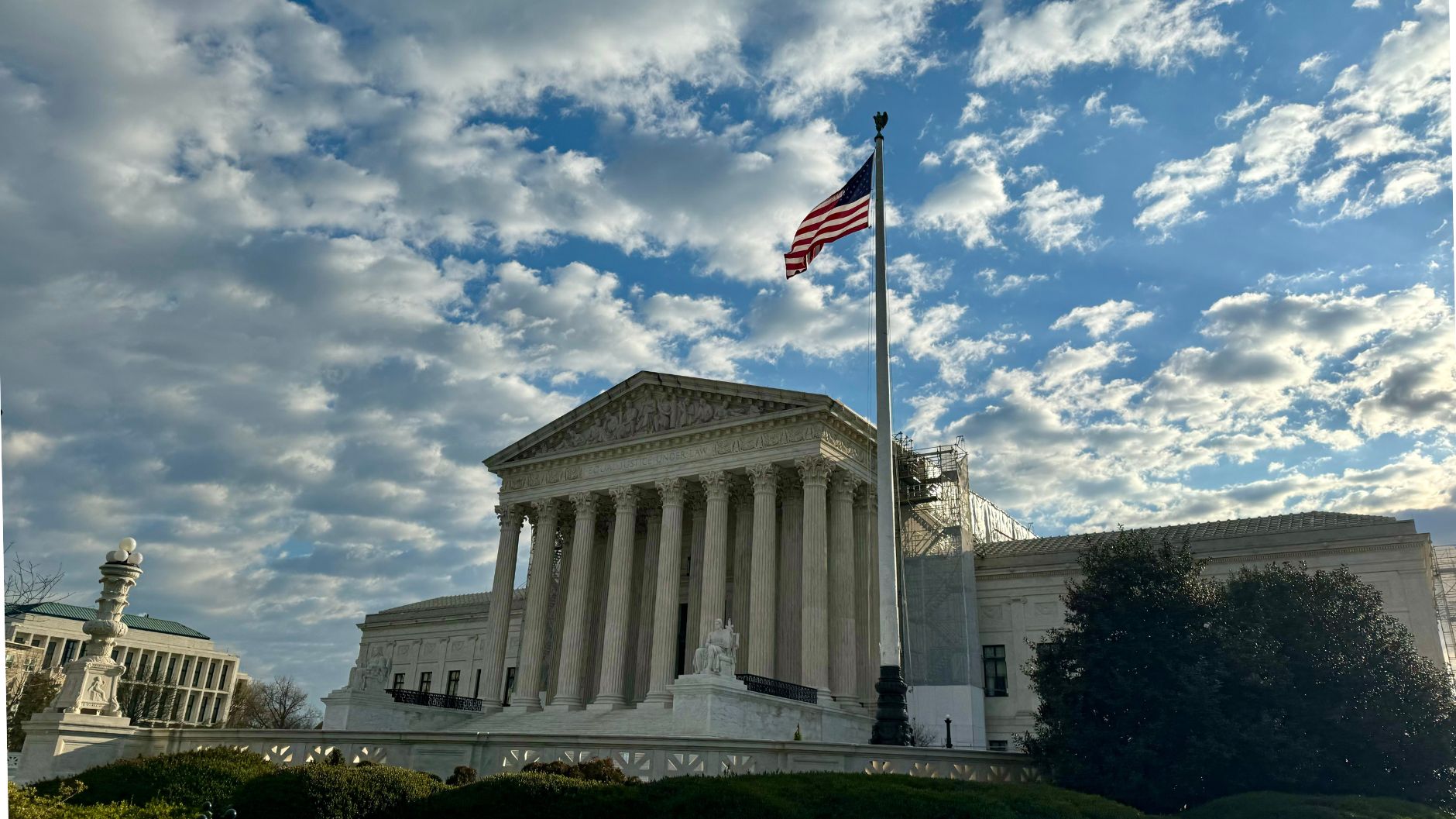WASHINGTON (CN) — Civil rights groups filed an emergency application at the Supreme Court on Wednesday asking the justices to block a lower court ruling throwing out Louisiana’s new congressional map.
A panel of federal judges issued a 2-1 ruling striking down Louisiana’s map, finding that adding a second majority Black district created an impermissible racial gerrymander.
The groups said the lower court ruling was an “aggressive incursion on state sovereignty” that prevented Louisiana lawmakers from solving a violation of the Voting Rights Act with the Legislature’s policy priorities.
“It is precisely to preclude cases like this one that the court recognized the principle that government actors must be given ‘breathing room’ to comply with the VRA, when they have good reason to believe they must, without facing constitutional liability,” Stuart Naifeh, an attorney with the NAACP Legal Defense and Education Fund, wrote in the application.
Naifeh said the Legislature had been denied the breathing room and forced to prioritize compactness and other redistricting principles over race and political and policy objectives.
Louisiana was under a court order to draw new congressional maps after the Fifth Circuit ruled that the state’s districts violated the Voting Rights Act by diluting the voting power of Black residents. In a January special session, Louisiana drew a new map that would comply with the act by creating a second majority-Black district.
The 250-mile-long district stretches from Shreveport in the northwest to Baton Rouge in the southeast. Lawmakers increased the percentage of voting-aged Black residents in District 6 from 24% to 54%.
A group of self-described “non-African American” voters in District 6 challenged the state’s new map, claiming lawmakers had segregated voters by race in violation of the equal protection clause of the U.S. Constitution.
District 6 officials denied this claim, and the state and voting rights groups that intervened in the case argue instead that politics was the main driver. Louisiana said the map was drawn in a way that would protect incumbent Republican lawmakers including House Speaker Mike Johnson and House Majority Leader Steve Scalise.
The panel acknowledged that politics played a role in drawing District 6, but the judges found that lawmakers were more motivated by race.
The civil rights groups argue that drawing an additional majority-minority district was the whole point of attempting to comply with the Voting Rights Act.
“Given that recognition, it would be incongruous if purposefully creating an additional district as a remedy for a § 2 violation constituted unlawful racial gerrymandering,” Naifeh wrote on behalf of the groups. “Yet, the district court found that the Legislature’s intent to satisfy § 2, and to consider race in doing so, necessarily meant that race predominated.”
Louisiana wants to finalize its 2024 congressional map by May 15 to give the secretary of state enough time to administer elections in the fall.
The Legislature would have to create a new map in compliance with the lower court’s ruling in this case while also taking into consideration the Fifth Circuit’s ruling finding that one majority-Black district likely violates Section 2 of the Voting Rights Act.
“Black voters have already been compelled, by this court’s earlier stay, to undergo an election under a map that, according to all courts that have examined the issue, likely violated the VRA,” Naifeh wrote. “A stay is needed to ensure that harm is not repeated.”
Subscribe to Closing Arguments
Sign up for new weekly newsletter Closing Arguments to get the latest about ongoing trials, major litigation and hot cases and rulings in courthouses around the U.S. and the world.









